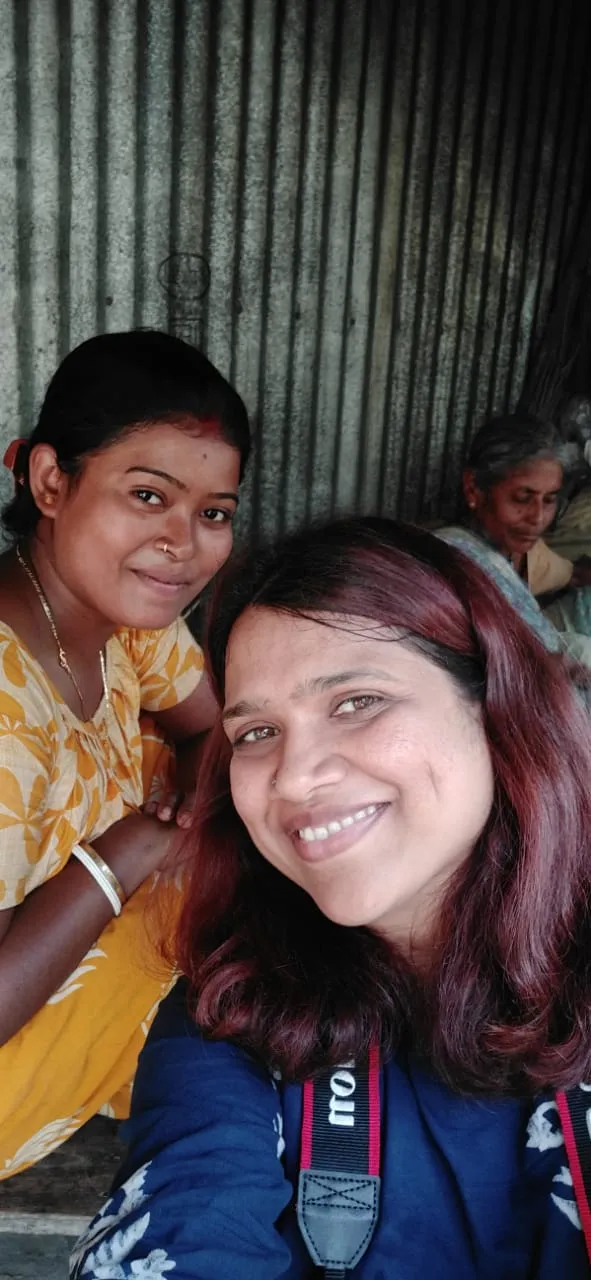How entrepreneur Pooja Rajput made it big in the $12B ethnic wear market with her brand Chidiyaa
Chidiyaa, which follows the principle of sustainable and slow fashion, designs and markets a range of women apparels crafted by artisans from different parts of the country.
For Pooja Rajput, art was a hobby - something she would do in her free time. She says fashion wasn’t something she studied or was close to.
But her love for sarees made her start ethnic wear brand Chidiyaa in 2015. The Delhi-NCR-based brand designs and markets a range of women apparels crafted by artisans from different corners of our country.
“I’ve been far removed from the world of fashion. I started Chidiyaa because I love sarees. I wanted minimal, simple, and yet ethnic sarees that bring out elegance, are unique and different, and yet rooted to the core,” says Pooja, a computer engineer and an MBA graduate.
Starting up also wasn’t on the cards, but she always liked the idea of designing and art.
Even the name ‘Chidiyaa’ comes with this ethos. “I grew up in Pune, Maharashtra. While growing up, we would listen to the sound of the sparrows (chidiyaa), and watching chidiyaas now brings back so many memories. It brings a sense of warmth and happiness. And that’s what I wanted to incorporate in my brand,” says Pooja.

A model with A Chidiyaa Saree and blouse
The prints that stood out
To begin with, Pooja decided to experiment with fabrics and paint and see if the designs looked good. Needless to say, the first few experiments with her designs stood out and she decided to dig into the sourcing of the raw materials like fabric, working with artisans, and getting the right prints made.
“This took me to the remotest parts of the country. I would travel practically every day to different villages, across India to see handicrafts, understand the work done by the artisans, and commission some work to create the products. All the designs were initially made by me,” says Pooja.
“I focussed purely on social media to connect with customers. I would take short videos of artisans block printing or weaving and post them, and these were a hit,” recollects Pooja.
Pooja then converted one of her rooms at home as a warehouse to stock all the products. From there, she tied up with India Post and small couriers to start with the initial orders. This, in fact, went on for a while, until her husband urged her to start expanding and growing.
It was then, by the end of 2015, Pooja decided to begin with a small expo at a fair. “I got some of my friends and cousins, who in turn roped in their friends from college, to help me set up the space. The response was overwhelming. In the beginning, the stalls seemed empty, but by the time the first customer came in, we had long queues of people wanting to try the clothes, and I had to get extra help. That is when I knew that I had to take this bigger,” says Pooja.

Pooja with an Artisan
The growth
Pooja soon started expanding Chidiyaa. While the brand had its online presence, she added city-wise expos across cities like Mumbai and Bengaluru.
Over the years, the artisans have grown to a few thousands, and the average basket size now is at Rs 5,000.
Linens are sourced from a small village in West Bengal called Phulia; blocks are made in Ahmedabad, Gujarat; and the printing process unfolds in Ajrakhpur, Bhuj. The team now has a large warehouse in Delhi-NCR from where the products are shipped across India.
When the coronavirus pandemic hit in 2020, the supply chain was affected and the team was cut off from the artisans, and the offline business had to be shut. Since then, the focus has been completely shifted to digital.
The Indian saree market has been roughly pegged at $12 billion according to various media reports. The segment is growing at a CAGR of 5 to 6 percent between 2018 to 2023.
Today, there are a number of brands focusing on sustainability and ethnic wear. Some of the brands are Suta, Go Native, August Company, and others.
Speaking of its differentiation, Pooja says,
“While we admire a lot of brands, we are not competing with any of them. We believe that everyone is doing unique work in their own space to the best of their abilities. Chidiyaa exhibits its unique design philosophy that is reflected in our clothes. We are simply expressing and showcasing the world from our lens. The design philosophy is that traditional is beautiful, and I have always preferred the understated, subtle, less-is-more approach,” says Pooja.
“We use very simple yet striking designs - one or two motifs - that reflect our vision of the earth. The underlying principle is to engage in sustainable and slow fashion, where quality is top-notch, design sense is unique, and it is fair on the pocket as well,” she adds.
Pooja says she now wants to add more designs and different types of apparel to the brand.
Edited by Megha Reddy









